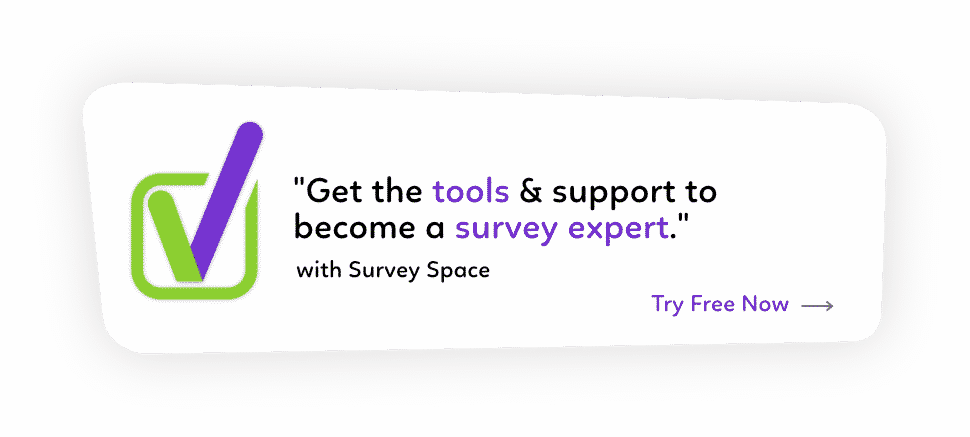Objectives are essential to shape your survey questions
Once you have specific and measurable objectives, you can start to think about writing survey questions. The questions need to achieve the objectives. In order to develop the objectives it’s important to make absolutely sure that you are confident about the subject at hand. There are a couple of ways you can do this. One is to consult with experts and another is to do some research before you start writing.
Establish a Steering Committee or talk to a subject matter expert!
Depending on the type of survey you are designing, it can be helpful to talk to a subject matter expert or involve a Steering Committee before you do your own research.
Experts in their field know about the subtlety in a topic area. They understand the things that can look important but are ultimately distracting. If you have the time and ability to talk to someone in the field, it can save you a lot of time and help you focus your research into the right areas.
The other benefit of talking to a subject-matter expert or a Steering Committee is that they are likely to know what the pitfalls are with certain types of questions, and know what to expect. They can help you to shape your objectives into questions that are really going to work for your survey.
Ask your target audience
Select a group of people from your target survey group and ask them for input and ideas. Conducting a survey pilot is also a way to clarify the survey goals and objectives. Getting feedback from the respondent group often identifies missing questions, unnecessary questions and issues that respondents may have with interpretation of questions or the survey structure.
Research the topic
Research your topic before developing the survey goals and writing questions about it. This can help you uncover answers to certain questions, and help you form questions you would not have considered. Research also represents an opportunity to compare the facts and figures you get from different resources. When facts vary, it is an indication that more research is needed.
Conducting research will help you to craft valid questions for your audience.
Get a survey expert to help
You and your team will be more than capable of creating thought-provoking questions. Even so, it can be beneficial to talk to an experienced researcher or consultant. Someone with strong survey-building experience can help you clarify the survey goals and the type of information you’re seeking in order to avoid pitfalls. Bringing in a third party adds an objective pair of eyes to the process. They will be able to help you make your survey objectives more specific, and find out where you might need or want more information.
Objective eyes can spot gaps, weaknesses, and vague objectives that you might otherwise not see. Also, make sure you avoid these common survey mistakes.




